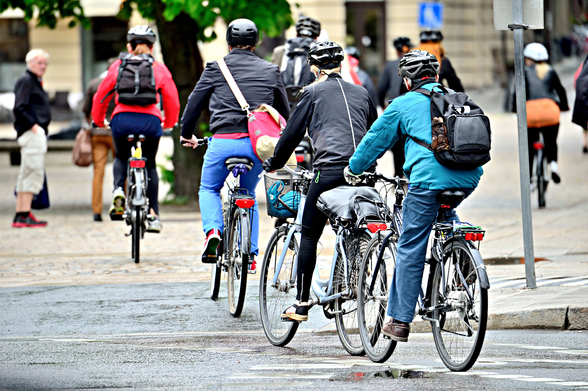Healthy people are neither needed nor useful for the economy. They don't buy medicine. They do not go to hospitals or doctors. Nothing is added to the country's GDP (gross domestic product).
On the contrary, every new McDonald's restaurant creates at least 30 jobs: 10 cardiologists, 10 dentists, 10 dietary experts and nutritionists, and obviously, people who work at the restaurant itself."
Choose carefully: cyclist or McDonald's? It is worth considering.
P.S. Walking is even worse. Pedestrians don't even buy bicycles.
P.P.S. If you have read this far and still don't get it, this post is SATIRE. Reread it with this in mind.
